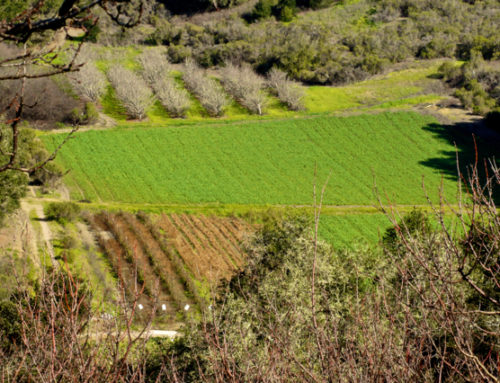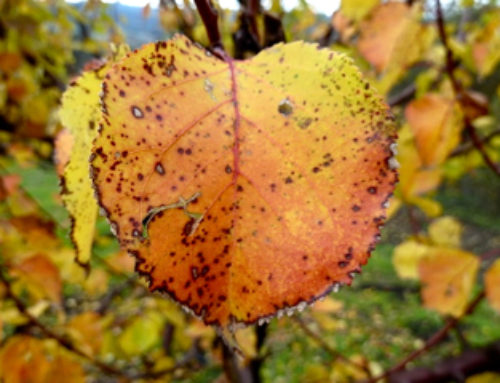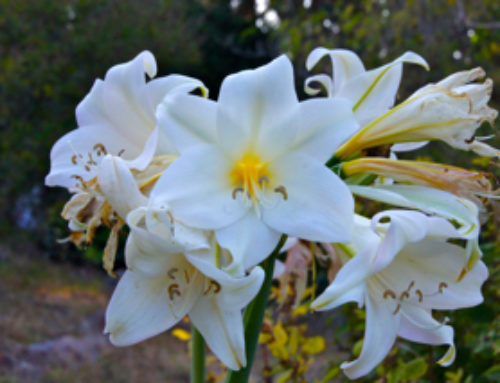Holy compost and manure!!!
It’s holy to me and many of my fellow farmers but for many who have lost sight of the vital connection between their daily lives and farming, organic waste is seen as a problem that is dirty and dangerous – not a vital ingredient to build healthy soils and grow nourishing food.
The Food and Drug Administration (FDA) under the newly passed Food Safety and Modernization Act is proposing regulations that would undermine uses of compost and manure currently approved under the National Organic Program. This new regulatory effort has been triggered by food-borne illnesses that have occurred in the last few years, most of them stemming from large-scale food operations.
Currently the proposed regulations seem to be driven more by food safety fear than sound science, leading to ‘sterile’ and ‘scorched-earth’ approaches to the problem. The FDA’s proposed regulations don’t recognize the importance of organic farming and conservation practices as a valuable contributor to reducing the risk of pathogens. Proposed regulations aimed at curtailing the use of compost and manures are based on misguided assumptions, striking at the heart of organic and sustainable farming practices helping to build healthy and fertile soils.
Farming by it’s very nature disturbs the soil, and it is imperative that we don’t loose the tools that help us farmers sustain a healthy balance between growing food and replenishing nutrients and organic matter to support the life and diversity of microorganism in the soil.
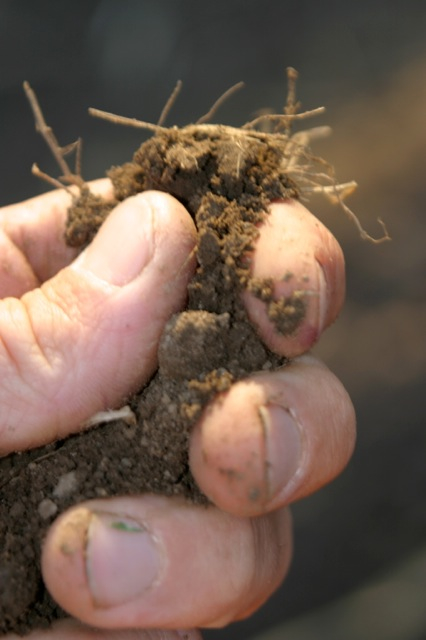
A pinch of the Farm’s rich, healthy soil.
Here on the farm we make our own compost by using carbon rich sawdust discarded by a local organic mushroom farm (after they harvest the mushrooms), mixed with organic chicken litter generated by an organic chicken operation down the road from us, and we also add our own vegetable scraps. The blend is moistened and turned many times as it heats up and allowed to go through a 6-8 month composting process transforming the ingredients into a wonderful rich chocolate-like material that has little to do with the initial organic materials we started with.

A couple of the Farm’s compost piles.
All organic matter composts, it’s a natural process in nature, however what seems simple and taken for granted at first sight is very complex and difficult to comprehensively describe in this newsletter (there is plenty of literature on it however). The soils on the farm are an ecosystem alive with mammals (soil burrowing gophers and moles), reptiles (gopher snakes), amphibians (frogs and toads), worms, insects, bacteria and fungi.
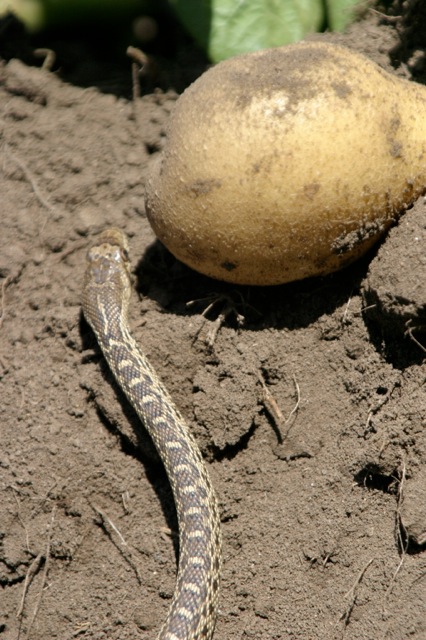
A young Gopher Snake in with the potatoes.
Soil fungi and bacteria break down dead plant and animal matter, making humus in the process and freeing up nutrients. There are billions upon billions of bacteria in the soil, and many plants have symbiotic relationships with both fungi and bacteria that live in and around roots. They deliver nutrients, especially nitrogen, and receive sugars from the roots in return. Many researchers agree that plants, similar to our own bodies, have immune systems that are stronger when a diverse interaction exists with animals, worms, bacteria, viruses, and fungi.
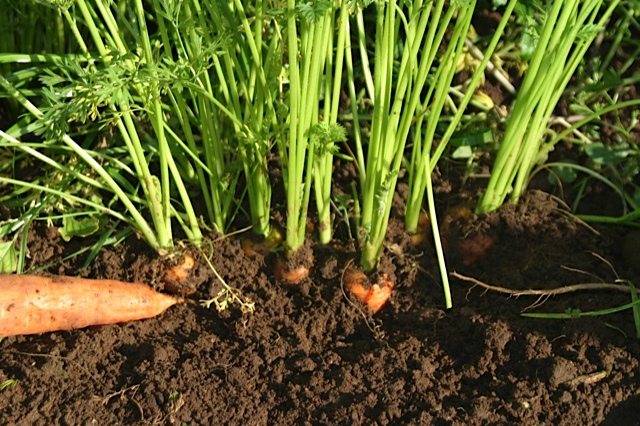
Carrots need healthy, nutrient rich. loamy soil to grow well.
Compost is applied to our fields every year to increase both organic matter and reinvigorate the population of microorganisms that directly contribute to an increase in productivity and healthier plant growth. Biologically active soils are also known to be more efficient at sequestering carbon dioxide by capturing carbon through growing plants and cycling them back into the soil.
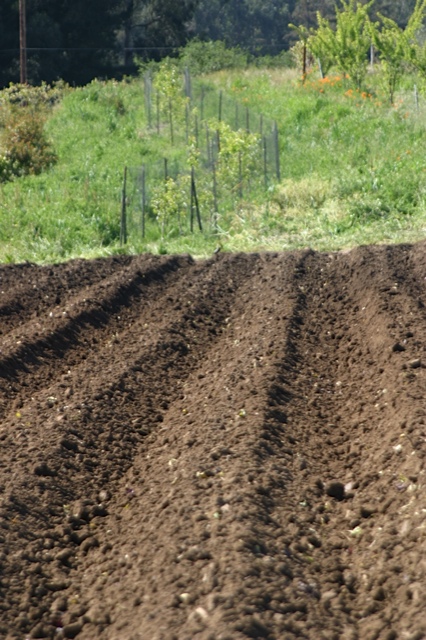
One of the Farm’s recently fertilized and plowed fields.
We are all responsible to ensure a safe food supply from field to our plates but it should not be at the cost of undermining ecologically sound farming practices.
I don’t do this very often but I ask you to please speak up. Everyone who receives this newsletter, please tell the FDA that their proposed regulations should align with the National Organic Program regulations, specifically when it comes to the use of compost and manure. We have until November 15th to submit comments, the link below will connect you to the website of The Wild Farm Alliance which has been actively raising awareness about this issue.
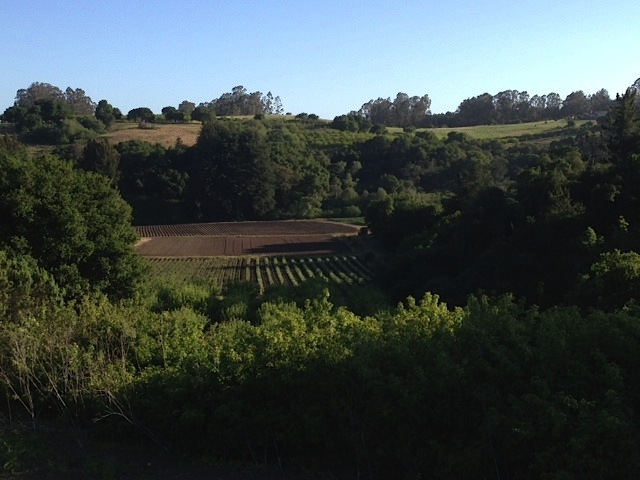
An overview of some of the Farm’s fields and orchards.


